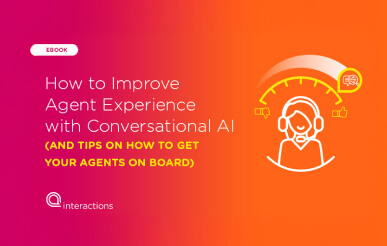increase in speed of response
About the Customer
A leading automaker used Interactions IVA to double customer engagements per hour and cut response times by 35%, delivering faster, more personalized social media interactions.
Industry
Automotive
Company Size
Fortune 100
Key Findings
increase in unique customers engaged
more relevant data captured
Challenges
In order to identify engagement opportunities, one major auto manufacturer’s social care agents were spending 60% of their time sifting through false positive search matches—that is, posts thought to be relevant that aren’t actually relevant—leading to loss of productivity and efficiency. Agents were spending far too much time crafting searches to find user content and missing real opportunities to connect with customers interested in making a purchase or those who had concerns needing to be addressed.
Solutions
A keyword-based search approach can be effective when users are not concerned about the volume of results. For instance, internet users expect search engines to prioritize the most relevant content on the first page, with little regard for what appears on page 99. However, this automaker’s agents faced a different challenge: nearly 60% of their productive time was spent identifying actionable posts, such as sales leads or customer concerns, from an overwhelming pool of keyword-filtered data. This inefficiency highlighted the need for a more precise and effective solution.
Technology and the social moderation process were the two key ares of focus. A technical analysis was conducted to compare the performance of a query-based system with the Interactions social media engagement platform. The evaluation employed the F1 score—a standard metric combining precision (P) and recall (R) to measure classification accuracy. The formula used was F1 = 2 x P x R / (P + R). This approach assessed the system’s accuracy in identifying marketing or assistance opportunities (precision) and the volume of posts missed due to keyword filtering (recall).
Over a three-month period, the F1 score revealed that the Interactions platform outperformed the query-based system by a factor of 10. Additionally, the platform significantly improved response times and enabled agents to engage with a greater number of unique customers.


Results
By implementing the Interactions platform, the automaker achieved significant improvements. The platform demonstrated far greater precision, processing just 423 posts to identify 100 relevant ones, compared to 4,748 posts reviewed by the previous query-based system. It also collected 15% more relevant data, recovering over 43% of conversations missed by the keyword approach. These advancements translated into tangible results: agents responded 46% faster within 20 minutes, engaged with 54% more unique customers, and overall system performance—measured by the F1 metric—was ten times better than before.





